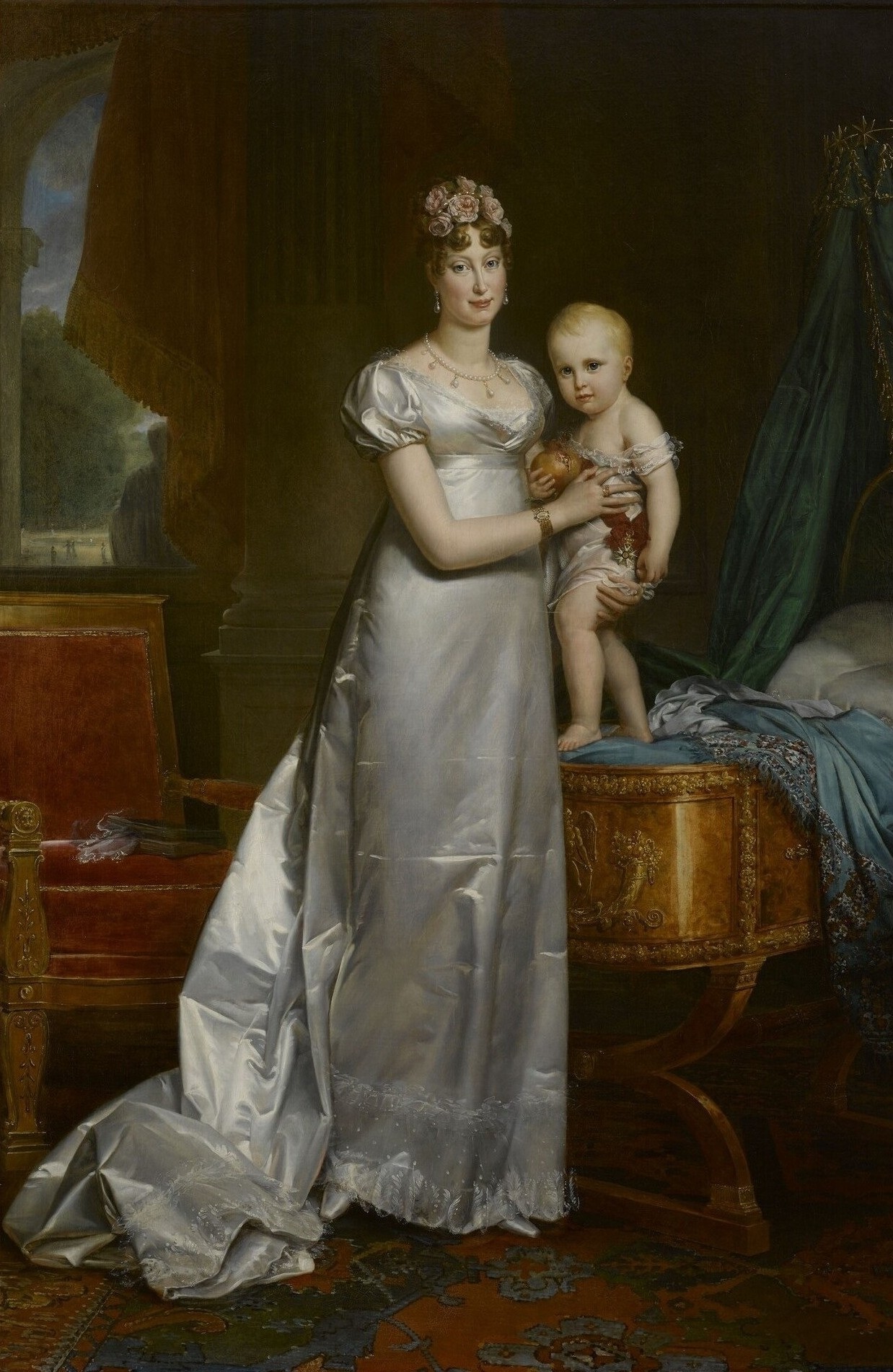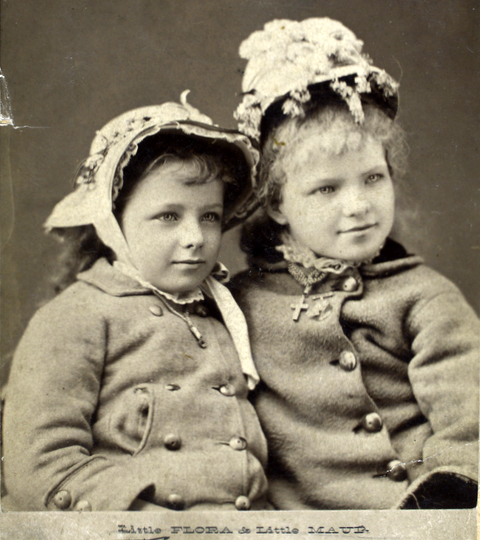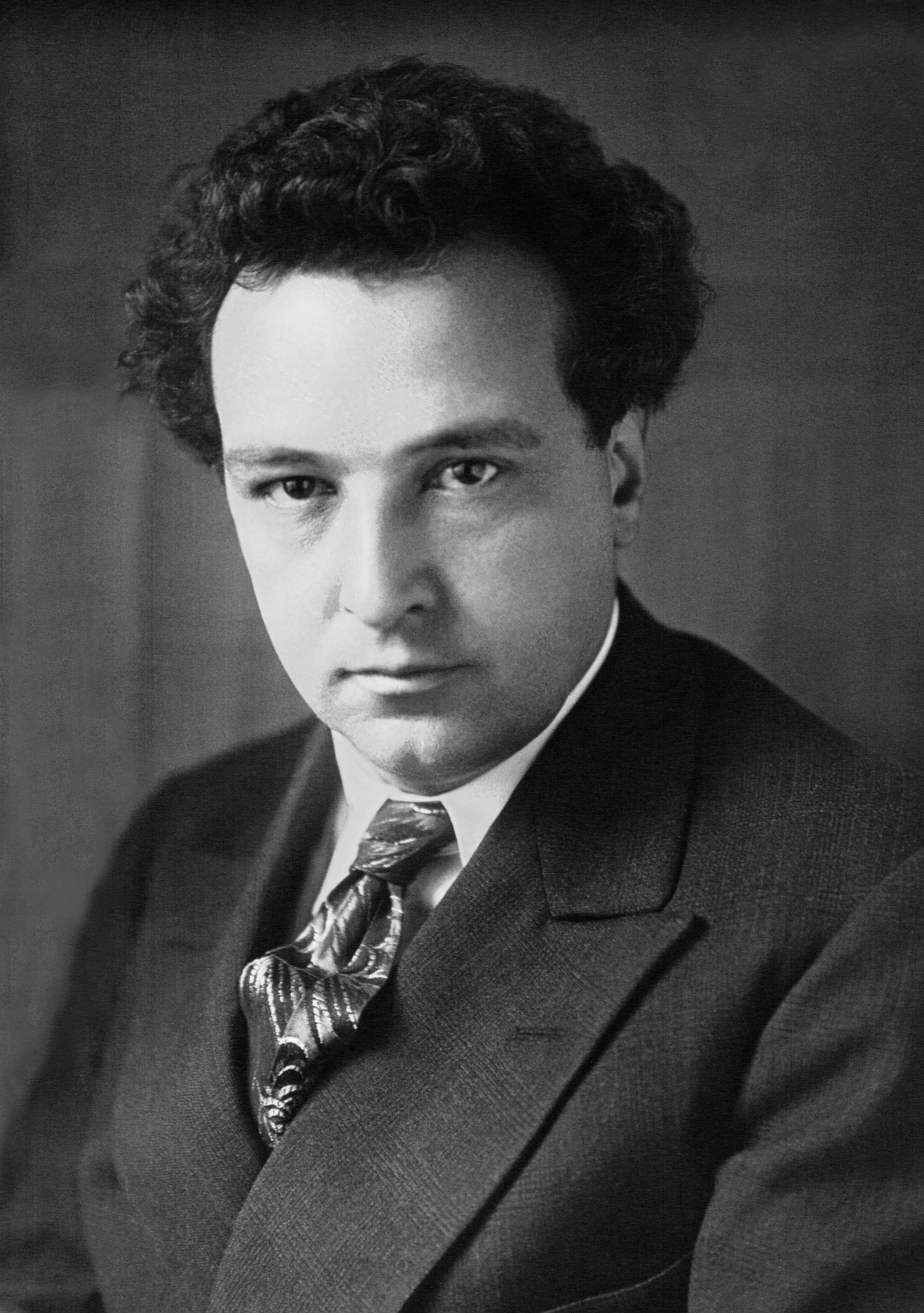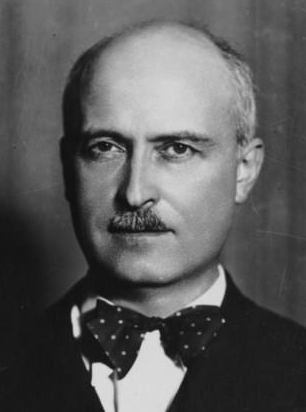|
L'Aiglon
''L'Aiglon'' is a play in six acts by Edmond Rostand based on the life of Napoleon II, who was the son of Emperor Napoleon I and his second wife, Empress Marie Louise. The title of the play comes from a nickname for Napoleon II, the French word for "eaglet" (a young eagle). The title role was created by Sarah Bernhardt in the play's premiere on 15 March 1900 at the Théàtre Sarah Bernhardt. Fashion designer Jacques Doucet designed her famous white costume. In October of the same year, the play (in an English translation by Louis N. Parker) premiered at New York's Knickerbocker Theatre, with Maude Adams in the title role. Its first performance in London was at His Majesty's Theatre in 1901, with Bernhardt again playing the leading role. Rostand had written ''L'Aiglon'' specifically for Bernhardt, and it became one of her signature roles. Clemence Dane made an English translation which was broadcast by the BBC on National Radio in 15 November 1936 and regionally the f ... [...More Info...] [...Related Items...] OR: [Wikipedia] [Google] [Baidu] |
Sarah Bernhardt
Sarah Bernhardt (; born Henriette-Rosine Bernard; 22 or 23 October 1844 – 26 March 1923) was a French stage actress who starred in some of the most popular French plays of the late 19th and early 20th centuries, including '' La Dame Aux Camelias'' by Alexandre Dumas ''fils''; ''Ruy Blas'' by Victor Hugo, ''Fédora'' and ''La Tosca'' by Victorien Sardou, and '' L'Aiglon'' by Edmond Rostand. She also played male roles, including Shakespeare's Hamlet. Rostand called her "the queen of the pose and the princess of the gesture", while Hugo praised her "golden voice". She made several theatrical tours around the world, and was one of the first prominent actresses to make sound recordings and to act in motion pictures. She is also linked with the success of artist Alphonse Mucha, whose work she helped to publicize. Mucha would become one of the most sought-after artists of this period for his Art Nouveau style. Biography Early life Henriette-Rosine Bernard was born at 5 rue de L ... [...More Info...] [...Related Items...] OR: [Wikipedia] [Google] [Baidu] |
L'Aiglon (opera)
''L'Aiglon'' is an opera (''drame musical'') in five acts composed by Arthur Honegger and Jacques Ibert. Honegger composed acts 2, 3, and 4, with Ibert composing acts 1 and 5. A 2016 reviewer described it as "a singular piece of work" with its "blend of operetta, divertissement, conversation piece, historical pageant and, in the disturbingly powerful fourth act set on the Napoleonic battlefield at Wagram, phantasmagoria peopled with living figures onstage and dead voices off". Background The libretto by Henri Cain was based on Edmond Rostand's 1900 play, ''L'Aiglon'' ("The Eaglet"), about the life of Napoleon II, who was the son of Emperor Napoleon I and his second wife, Empress Marie Louise. It premiered at the Opéra de Monte-Carlo on 11 March 1937 in a production by Pierre Chéreau. The principal roles were sung by Fanny Heldy and Vanni Marcoux. [...More Info...] [...Related Items...] OR: [Wikipedia] [Google] [Baidu] |
Napoleon II
, house = Bonaparte , father = Napoleon I, Emperor of the French , mother = Marie Louise, Duchess of Parma , birth_date = , birth_place = Tuileries Palace, Paris, French Empire , death_date = , death_place = Schönbrunn Palace, Vienna, Austrian Empire , place of burial = Napoleon's tomb, Les Invalides , religion = Roman Catholicism Napoleon II (Napoléon François Joseph Charles Bonaparte; 20 March 181122 July 1832) was disputed Emperor of the French for a few weeks in 1815. The son of Emperor Napoleon I and Marie Louise of Austria, he had been Prince Imperial of France and King of Rome since birth. After the fall of his father, he lived the rest of his life in Vienna and was known in the Austrian court as Franz, Duke of Reichstadt for his adult life (from the German version of his second given name, along with a title he was granted by the Austrian emperor in 1818). ... [...More Info...] [...Related Items...] OR: [Wikipedia] [Google] [Baidu] |
Maude Adams
Maude Ewing Adams Kiskadden (November 11, 1872 – July 17, 1953), known professionally as Maude Adams, was an American actress who achieved her greatest success as the character Peter Pan, first playing the role in the 1905 Broadway production of ''Peter Pan; or, The Boy Who Wouldn't Grow Up''. Adams's personality appealed to a large audience and helped her become the most successful and highest-paid performer of her day, with a yearly income of more than one million dollars during her peak. Adams began performing as a child while accompanying her actress mother on tour. At age 16, she made her Broadway debut, and under Charles Frohman's management, she became a popular player alongside leading man John Drew Jr. in the early 1890s. Beginning in 1897, Adams starred in plays by J. M. Barrie, including ''The Little Minister'', '' Quality Street'', '' What Every Woman Knows'' and ''Peter Pan''. These productions made Adams the most popular actress in America. She also performed in ... [...More Info...] [...Related Items...] OR: [Wikipedia] [Google] [Baidu] |
Arthur Honegger
Arthur Honegger (; 10 March 1892 – 27 November 1955) was a Swiss composer who was born in France and lived a large part of his life in Paris. A member of Les Six, his best known work is probably ''Antigone'', composed between 1924 and 1927 to the French libretto by Jean Cocteau based on the tragedy ''Antigone'' by Sophocles. It premiered on 28 December 1927 at the Théâtre Royal de la Monnaie with sets designed by Pablo Picasso and costumes by Coco Chanel. However, his most frequently performed work is probably the orchestral work ''Pacific 231'', which was inspired by the sound of a steam locomotive. Biography Born Oscar-Arthur Honegger (the first name was never used) to Swiss parents in Le Havre, France, he initially studied harmony with Robert-Charles Martin (to whom he dedicated his first published work and violin in Le Havre. After studying for two years at the Zurich Conservatory, he enrolled in the Paris Conservatoire from 1911 to 1918, studying with both Charl ... [...More Info...] [...Related Items...] OR: [Wikipedia] [Google] [Baidu] |
Jacques Ibert
Jacques François Antoine Marie Ibert (15 August 1890 – 5 February 1962) was a French composer of classical music. Having studied music from an early age, he studied at the Paris Conservatoire and won its top prize, the Prix de Rome at his first attempt, despite studies interrupted by his service in World War I. Ibert pursued a successful composing career, writing (sometimes in collaboration with other composers) seven operas, five ballets, incidental music for plays and films, works for piano solo, choral works, and chamber music. He is probably best remembered for his orchestral works including ''Divertissement'' (1930) and ''Escales'' (1922). As a composer, Ibert did not attach himself to any of the prevalent genres of music of his time, and has been described as an eclectic. This is seen even in his best-known pieces: ''Divertissement'' for small orchestra is lighthearted, even frivolous, and ''Escales'' (1922) is a ripely romantic work for large orchestra. In tandem with h ... [...More Info...] [...Related Items...] OR: [Wikipedia] [Google] [Baidu] |
Edmond Rostand
Edmond Eugène Alexis Rostand (, , ; 1 April 1868 – 2 December 1918) was a French poet and dramatist. He is associated with neo-romanticism and is known best for his 1897 play ''Cyrano de Bergerac''. Rostand's romantic plays contrasted with the naturalistic theatre popular during the late nineteenth century. Another of Rostand's works, ''Les Romanesques'' (1894), was adapted to the 1960 musical comedy ''The Fantasticks''. Early life Rostand was born in Marseille, France, into a wealthy and cultured Provençal family. His father was an economist, a poet who translated and edited the works of Catullus, and a member of the Marseille Academy and the Institut de France. Rostand studied literature, history, and philosophy at the Collège Stanislas in Paris, France. Career When Rostand was twenty years old, his first play, a one-act comedy, ''Le Gant rouge'', was performed at the Cluny Theatre, 24 August 1888, but it was almost unnoticed. [...More Info...] [...Related Items...] OR: [Wikipedia] [Google] [Baidu] |
Napoleon
Napoleon Bonaparte ; it, Napoleone Bonaparte, ; co, Napulione Buonaparte. (born Napoleone Buonaparte; 15 August 1769 – 5 May 1821), later known by his regnal name Napoleon I, was a French military commander and political leader who rose to prominence during the French Revolution and led successful campaigns during the Revolutionary Wars. He was the ''de facto'' leader of the French Republic as First Consul from 1799 to 1804, then Emperor of the French from 1804 until 1814 and again in 1815. Napoleon's political and cultural legacy endures to this day, as a highly celebrated and controversial leader. He initiated many liberal reforms that have persisted in society, and is considered one of the greatest military commanders in history. His wars and campaigns are studied by militaries all over the world. Between three and six million civilians and soldiers perished in what became known as the Napoleonic Wars. Napoleon was born on the island of Corsica, not long af ... [...More Info...] [...Related Items...] OR: [Wikipedia] [Google] [Baidu] |
Théâtre De La Ville
(meaning the City Theatre) is one of the two theatres built in the 19th century by Baron Haussmann at Place du Châtelet, Paris, the other being the Théâtre du Châtelet. It is located at 2, place du Châtelet in the 4th arrondissement. Included among its many previous names are Théâtre Lyrique, Théâtre des Nations, and Théâtre Sarah-Bernhardt. Théâtre Lyrique The theatre, which until the fall of Napoleon III in 1870 was officially known as the Théâtre Lyrique Impérial, was designed by the architect Gabriel Davioud for Baron Haussmann between 1860 and 1862 for the opera company more commonly known simply as the Théâtre Lyrique. That company's earlier theatre, the Théâtre Historique on the Boulevard du Temple, where it had performed since 1851, was slated for demolition as part of Haussmann's renovation of Paris. During the company's initial period on the Place du Châtelet, it was under the direction of Léon Carvalho and gave the premieres of Bizet's ''Les p� ... [...More Info...] [...Related Items...] OR: [Wikipedia] [Google] [Baidu] |
Jacques Doucet (fashion Designer)
Jacques Doucet () (1853–1929) was a French fashion designer and art collector. He is known for his elegant dresses, made with flimsy translucent materials in superimposing pastel colors. Life Doucet was born in Paris in 1853 to a prosperous family whose lingerie and linens business, Doucet Lingerie, had flourished in the Rue de la Paix since 1816. In 1871, Doucet opened a salon selling ladies' apparel. An enthusiastic collector of eighteenth-century furniture, objets d'art, paintings, and sculptures, many of his gowns were strongly influenced by this opulent era. Beginning in 1912, the fashions of Jacques Doucet were illustrated in the fashion magazine ''La Gazette du Bon Ton'' with six other leading Paris designers of the day – Louise Chéruit, Georges Doeuillet, Jeanne Paquin, Paul Poiret, Redfern & Sons, and the House of Charles Worth. His most original designs were those he created for actresses of the time. Cécile Sorel, Rejane and Sarah Bernhardt (for whom he desi ... [...More Info...] [...Related Items...] OR: [Wikipedia] [Google] [Baidu] |
1937 In Music
This is a list of notable events in music that took place in the year 1937. Specific locations * 1937 in British music * 1937 in Norwegian music Specific genres * 1937 in country music * 1937 in jazz Events *January 24 – Ernest John Moeran completes the revised version of his Symphony in G minor, dedicated to conductor Hamilton Harty. *March 6 – Benjamin Britten and Peter Pears first meet, in London. *May 12 – At the coronation of King George VI and Queen Elizabeth in Westminster Abbey, William Walton's ceremonial march, " Crown Imperial", originally written for his predecessor, King Edward VIII, is performed for the first time. *June 2 – The incomplete version of Alban Berg's opera ''Lulu'' is premièred in Zürich (it is later completed in a version premiered in 1979) *June 8 – **After a New York recital with pianist José Iturbi, violinist Manuel Quiroga is hit by a truck while crossing Times Square, leaving him with a paralysed arm. **Première of Carl Orff' ... [...More Info...] [...Related Items...] OR: [Wikipedia] [Google] [Baidu] |
1900 Plays
Nineteen or 19 may refer to: * 19 (number), the natural number following 18 and preceding 20 * one of the years 19 BC, AD 19, 1919, 2019 Films * ''19'' (film), a 2001 Japanese film * ''Nineteen'' (film), a 1987 science fiction film Music * 19 (band), a Japanese pop music duo Albums * ''19'' (Adele album), 2008 * ''19'', a 2003 album by Alsou * ''19'', a 2006 album by Evan Yo * ''19'', a 2018 album by MHD * ''19'', one half of the double album ''63/19'' by Kool A.D. * ''Number Nineteen'', a 1971 album by American jazz pianist Mal Waldron * ''XIX'' (EP), a 2019 EP by 1the9 Songs * "19" (song), a 1985 song by British musician Paul Hardcastle. * "Nineteen", a song by Bad4Good from the 1992 album ''Refugee'' * "Nineteen", a song by Karma to Burn from the 2001 album ''Almost Heathen''. * "Nineteen" (song), a 2007 song by American singer Billy Ray Cyrus. * "Nineteen", a song by Tegan and Sara from the 2007 album '' The Con''. * "XIX" (song), a 2014 song by Slipkno ... [...More Info...] [...Related Items...] OR: [Wikipedia] [Google] [Baidu] |









